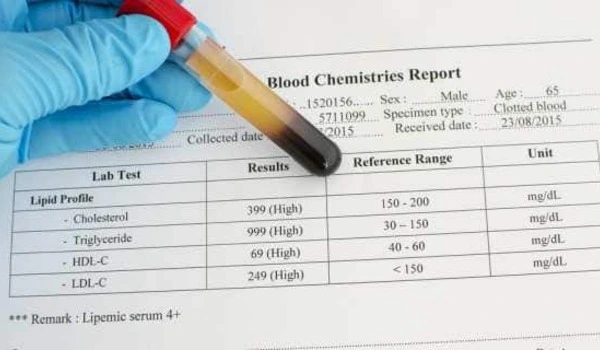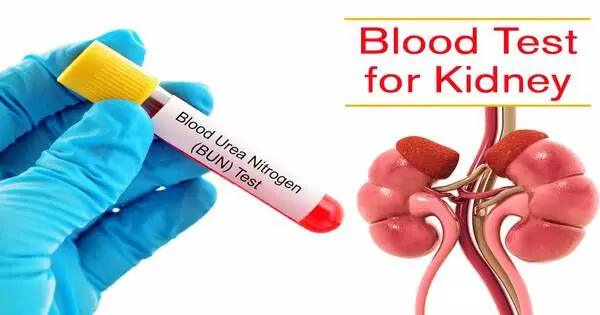Type 2 diabetics are more likely to develop heart disease (cardiovascular disease) and kidney problems (diabetic nephropathy). Regular monitoring and early diagnosis of these dangers are critical for diabetes patients’ health management. A study of almost 2,500 persons with Type 2 diabetes and renal illness discovered that high levels of four biomarkers are strongly predictive of the development of heart and kidney problems.
According to new study published today in the American Heart Association’s flagship journal Circulation, a simple blood test may predict the risk of progressive heart and kidney failure in adults with Type 2 diabetes and kidney disease.
“High levels of certain biomarkers are indicators of heart and kidney complications and may help predict future risk of disease progression,” said lead author James Januzzi, M.D., the Hutter Family Professor of Medicine at Harvard Medical School, a cardiologist at Massachusetts General Hospital, and the director of heart failure and biomarker trials at the Baim Institute for Clinical Research in Boston. “Treatment with canagliflozin, a sodium glucose co-transporter 2 inhibitor, lowered biomarker levels and reduced the risk of hospitalization for heart failure and other heart complications in people at the highest risk.”
High levels of certain biomarkers are indicators of heart and kidney complications and may help predict future risk of disease progression. Treatment with canagliflozin, a sodium glucose co-transporter 2 inhibitor, lowered biomarker levels and reduced the risk of hospitalization for heart failure and other heart complications in people at the highest risk.
James Januzzi
Health professionals regularly measure biomarkers to screen, diagnose or treat specific conditions. Previous research has shown that concentrations of some biomarkers may predict the onset and progression of chronic kidney disease as well as cardiovascular events in people with Type 2 diabetes.
The researchers analyzed biomarker data from 2,627 people who took part in the Canagliflozin and Renal Events in Diabetes with Established Nephropathy Clinical Evaluation (CREDENCE) trial to assess the effects of canagliflozin on concentrations of the four biomarkers from the start of the study, one year later, and three years later. They also looked at the predictive significance of each biomarker for different levels of renal disease and the likelihood of mortality from kidney disease or cardiovascular disease. Patients were classified as low, medium, or high risk. Throughout the three-year research period, people at the highest risk had significantly greater rates of progressive renal failure and cardiovascular problems.

The analysis found:
- High concentrations of each biomarker at the beginning of the study were strongly predictive of the severity of the participant’s heart and kidney issues.
- The concentrations of each of the four biomarkers in people taking canagliflozin were lower after one year and three years compared to those taking the placebo.
- After one year, the levels of all biomarkers in participants who took canagliflozin rose 3% to 10%, compared to an increase of 6% to 29% in the those who took the placebo.
“It was reassuring to learn that canagliflozin helped reduce risks the most in people who were most likely to develop complications.” Future research is needed to better understand how Type 2 diabetes develops and evolves in association with renal disease, so that we can begin life-saving medications early, before indications of heart and kidney illness appear.” Januzzi explained.
“Given that the American Heart Association/American College of Cardiology and the American Diabetes Association now all recommend biomarker measurement to improve ability to predict risk in people with Type 2 diabetes, these findings may significantly expand the reach of biomarker-based testing, refining accuracy even further.”
The study was constrained in that not all CREDENCE trial participants had available samples for biomarker assessment, and those who did may not be typical of the study’s complete population. Furthermore, biomarker data were not full across time, and several trial participants had missing values during the study follow-up period. While prognosis thresholds for predicting the likelihood of renal and cardiac problems in Type 2 diabetes patients have been discovered for two of the biomarkers, prognostic thresholds for the other two remain experimental.





